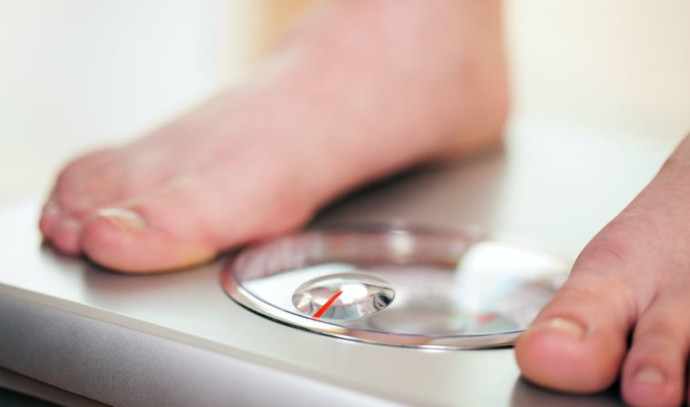Cheat days are a controversial concept among dieters. Some see them as just a small break from a very strict diet, like having one piece of chocolate cake or one slice of pizza over the weekend.
However, it seems that social media has taken this concept to the extreme, with cheat days now seeing people consume thousands of calories in just a few hours.
For example, actress Jennifer Aniston, 54, recently made headlines after a source revealed that she enjoys a martini or tequila on her cheat days when she deviates from her strict high-protein, low-carb, low-sugar diet.
And she’s not alone. Dwayne “The Rock” Johnson, 51, also revealed that he has a weekly cheat day after six days of strict dieting. His favorite treats that he loves showing on social media include mountains of pancakes, pizza, and sushi platters.
So how do cheat days work in dieting?
A study published in the 2019 academic journal Sports said that combining several days of calorie restriction with other days of increased calorie consumption actually helped athletes reach their goals faster.
The researchers behind this study said that cheat days restore energy levels and stimulate the production of hormones like leptin, which can help with burning fat, increase metabolism, and increase satiety.
In a 2018 study, researchers examined two groups of obese men: One group followed a strict diet and another took short breaks from their diet. In the end, the participants who took those breaks actually lost more weight and gained back fewer kilograms.
What are the negative effects of cheat days?
Other studies have said that cheat days can have negative effects. Some research suggested that overeating only increases your metabolism by 3%-10% and it only lasts 24 hours. However, other older studies suggest that temporarily increasing calorie intake can boost leptin production by nearly 30% for up to 24 hours.
A study published in 2022 in the Journal of Eating Disorders found that over the course of a year, over half of teens and young adults surveyed ate at least one cheat meal a week. These meals were associated with several eating disorder habits, such as binge eating and fasting.
An exception, but with limits
“Dietary change isn’t easy, it requires adhering to rules and avoiding foods you like such as junk food, snacks, and sweets,” explained clinical dietitian and physiologist Yael Dror. “Having some ‘forbidden foods’ at a reasonable amount once a week can positively contribute to maintaining your diet over time.”
According to her, incorporating some controlled deviations in your diet has advantages, both metabolically and psychologically. However, it does have its risks.
“This positive contribution only stays positive if it is done in a controlled manner and there is a pre-defined limit,” Dror said. “For example, it’s important to plan ahead which day of the week is a cheat day, which meals you’ll be eating, and how many calories or types of food will you be eating then. It isn’t right to just go wild and load the body with lots of food and calories without any sort of limit.”
She continued: “Do note that the term ‘cheat day’ is also misleading. Who exactly are we ‘cheating’ here? Ourselves? Our bodies?” She said that in order to have food outside the diet menu for one day of the week, you need to plan ahead for either a permissible meal or an hour of indulgence.
“It’s wrong to have a whole day of unlimited feasting,” Dror said. “Part of dieting is to create new healthy eating habits and gorging on food in such large quantities over such a short time can lead to eating disorders.”
Straying from your diet once a week is understandable, she continued. “It’s better to set limits so you can have one meal while being more lenient about the amount and type of food, but don’t turn the day into a carnival of excessive eating. This can lead to stomach aches, gas, and other negative effects.
The goal should be to find the right way to have a less stringent meal once a week, but still with some pre-planned limits, on order to maintain optimal metabolism over time.



